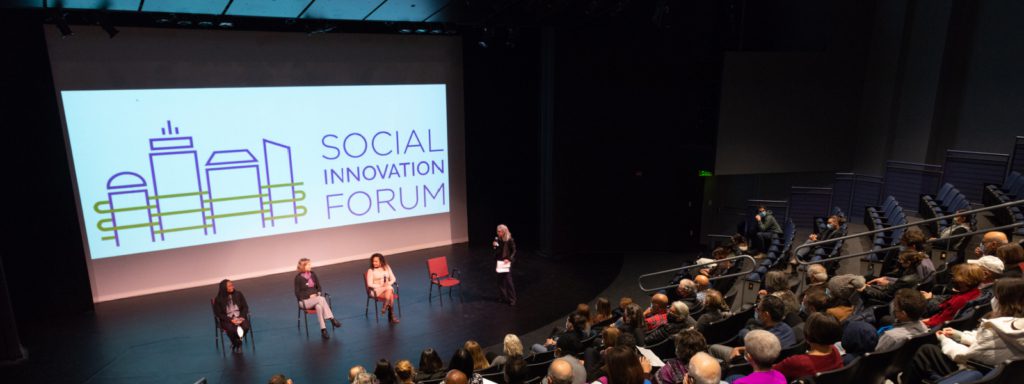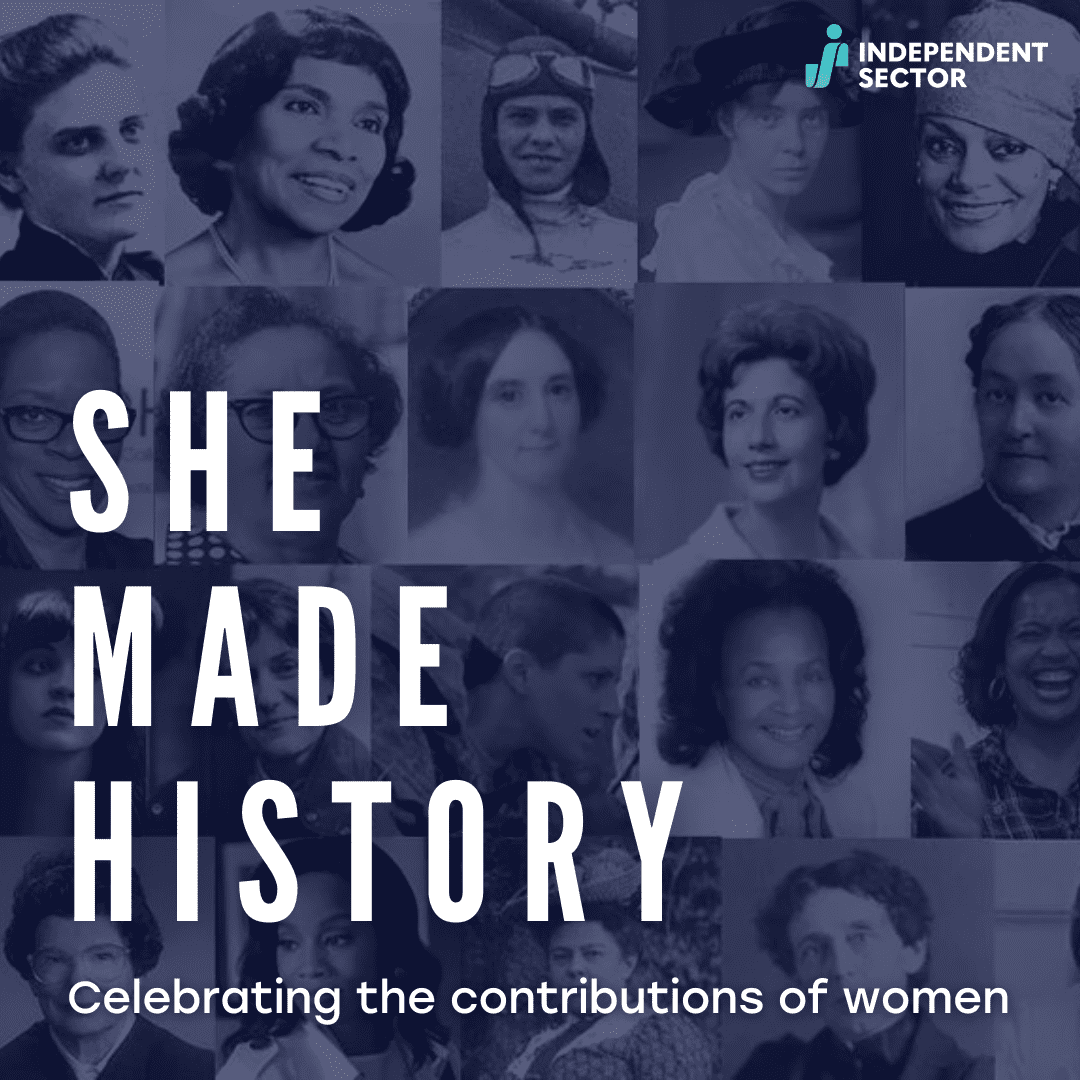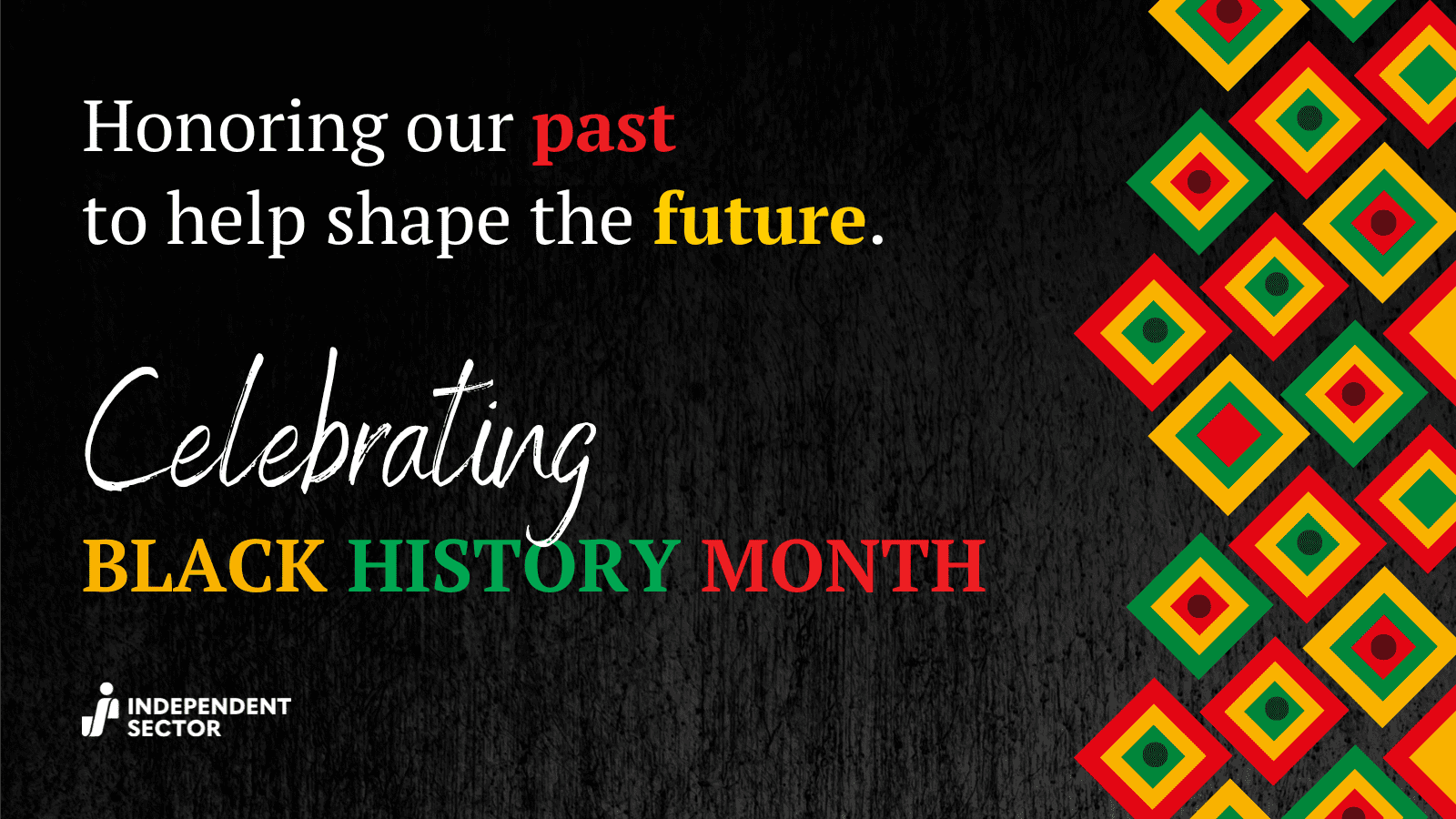The Social Innovation Forum (SIF) creates positive social change in the Greater Boston area through building and facilitating a marketplace to connect funders and nonprofits. To learn more, we spoke with Aditi Dholakia, Social Justice Philanthropy Fellow for SIF. Dholakia was also an Upswell Fellow in 2021 through the support of the Barr Foundation.
IS: Tell us about your organization’s areas of interest and the communities you serve.
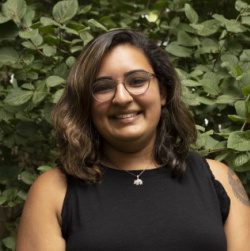
Aditi Dholakia
AD: The Social Innovation Forum is a place-based nonprofit organization focused on providing capacity-building services to select small to mid-size nonprofits (Innovators) in the Greater Boston area through our Accelerator program model. We seek primarily to serve grassroots, community-led nonprofits who are working to meet the needs of their communities through innovative and informed changemaking. Over the course of our existence, SIF has supported nonprofits working across a broad span of issue areas, including (but not limited to) immigration reform, youth empowerment, LGBTQ+ rights and advocacy, and women and girls.
IS: What is your organization looking forward to, as a new member of Independent Sector?
AD: SIF is looking forward to joining a national community of changemakers, both as an opportunity to learn from different models, and to contribute from our own experiences and expertise. SIF recently launched a new national learning cohort — Community Organizations Reimagining Ecosystems (CORE), which convenes leaders from eight participating organizations across the country to share learnings and expertise on their own place-based work, and to plan and develop programming as part of the learning. Such opportunities, including joining the Independent Sector community, will offer SIF new perspective on approaching, creating, and growing positive social change.
IS: What are some of your organization’s core programs that support people and help make your community and the nonprofit sector stronger?
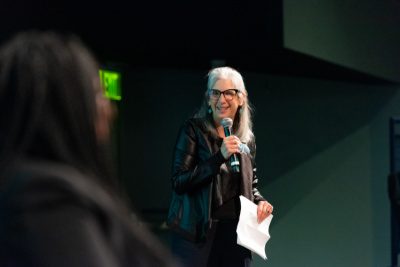
Susan Musinsky leads Social Innovation Forum as its executive director. Photo courtesy of Social Innovation Forum
AD: SIF’s primary program model is our Social Innovator Accelerator, a two-year program for leaders of small to mid-size nonprofits that offers a wide range of capacity-building services, as well as exposure to Boston-area funders and opportunities to broaden peer networks. SIF’s Accelerator program model, in addition to our other programming, uses a “marketplace approach” to bring together more than 5,116 philanthropists, foundation staff, community and business leaders, investors, volunteers, and others to support nonprofits who are creating innovative and effective solutions for critical social issues affecting their communities. SIF also works to cultivate an alumni network for our Innovators to keep them involved in our programming and to encourage connections and relationships with area funders.
IS: How does your work support nonprofits, especially in the context of COVID-19, economic hard times, climate change, and our nation’s racial reckoning?
AD: SIF has branched out in recent years to include additional programming for funders to educate them (and us) on how to center equity in funding practices. Although SIF’s model has always focused on supporting and uplifting community-led, grassroots nonprofits, there has been a recent effort to approach this work all the more intentionally, particularly prioritizing racial justice and racial equity across the board.

Photo courtesy of Social Innovation Forum
A key element to engaging stakeholders is to recognize the inherent inequities that exist in philanthropy, particularly regarding the distribution of power and resources between funders and their grantees. As such, in building out and executing our Funder Education programming, SIF has spent significant time and effort providing our funders with tools and resources to develop more equitable grantmaking practices. We do this primarily through hosting speaker events, presenting experts on subjects such as equitable resource allocation, trust-based philanthropy, and participatory funding. We also work together with and run ideas by our Funder Education Advisory Council, a group of nine Boston-area funders who have worked closely with SIF in various capacities, and who are open to learning and shifting their grantmaking practices in equity-focused ways.
IS: Why did your organization decide to become an Independent Sector member? How does your work intersect with Independent Sector’s mission and our member organizations?
AD: SIF joined Independent Sector with the intention to learn from and contribute to national conversations about the work we do locally in Boston. While our specific work and mission is place-based in Boston, the intention behind our work and the change we are pushing for in the philanthropic sector (to benefit both nonprofits and funders/foundations) is change that we see as necessary on a larger scale. In this way, Independent Sector’s mission aligns with our greater vision for a more equitable resource allocation landscape.
IS: Independent Sector focuses on collaborating with individuals and the nonprofit sector to create a healthier sector and racially equitable and just nation. Tell us about aspects of your work that help support or advance these objectives.
AD: To serve everyone in a society, one must focus on serving those experiencing the most need. A grassroots, bottoms-up approach is a key element in working toward a healthier sector focused on racial equity. At SIF, the core of our work is building relationships. By fostering and facilitating connections, we ensure the growth of trust and understanding while recognizing and meeting the needs of the people on the ground. Funders have resources to give, and nonprofits are actively working to bridge gaps in society that leave our most vulnerable populations exposed and underserved. Building healthy relationships and focusing on dignity and humanity is a clear step forward in creating a healthier sector.
Learn more about Social Innovation Forum. The top photo is courtesy of the organization. Learn about other Independent Sector members and becoming a member.
